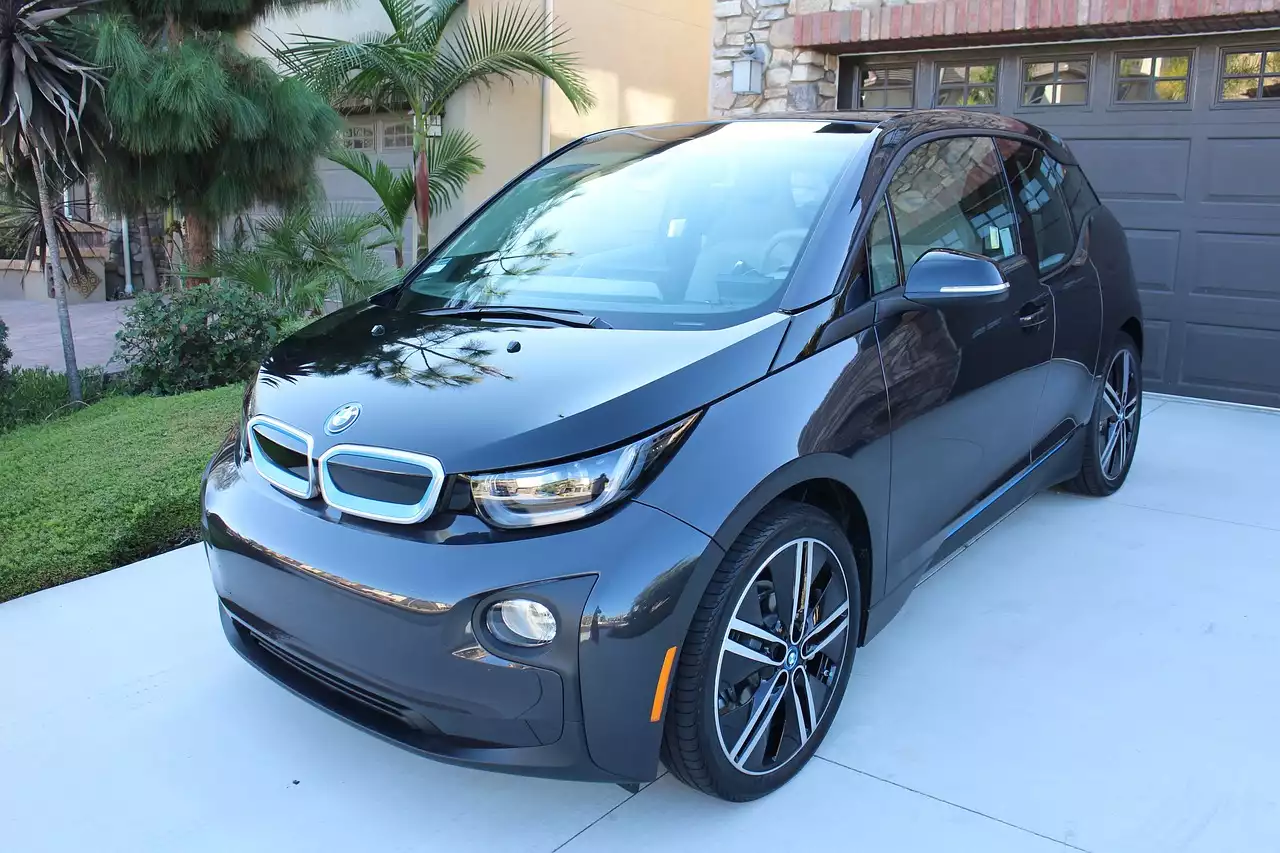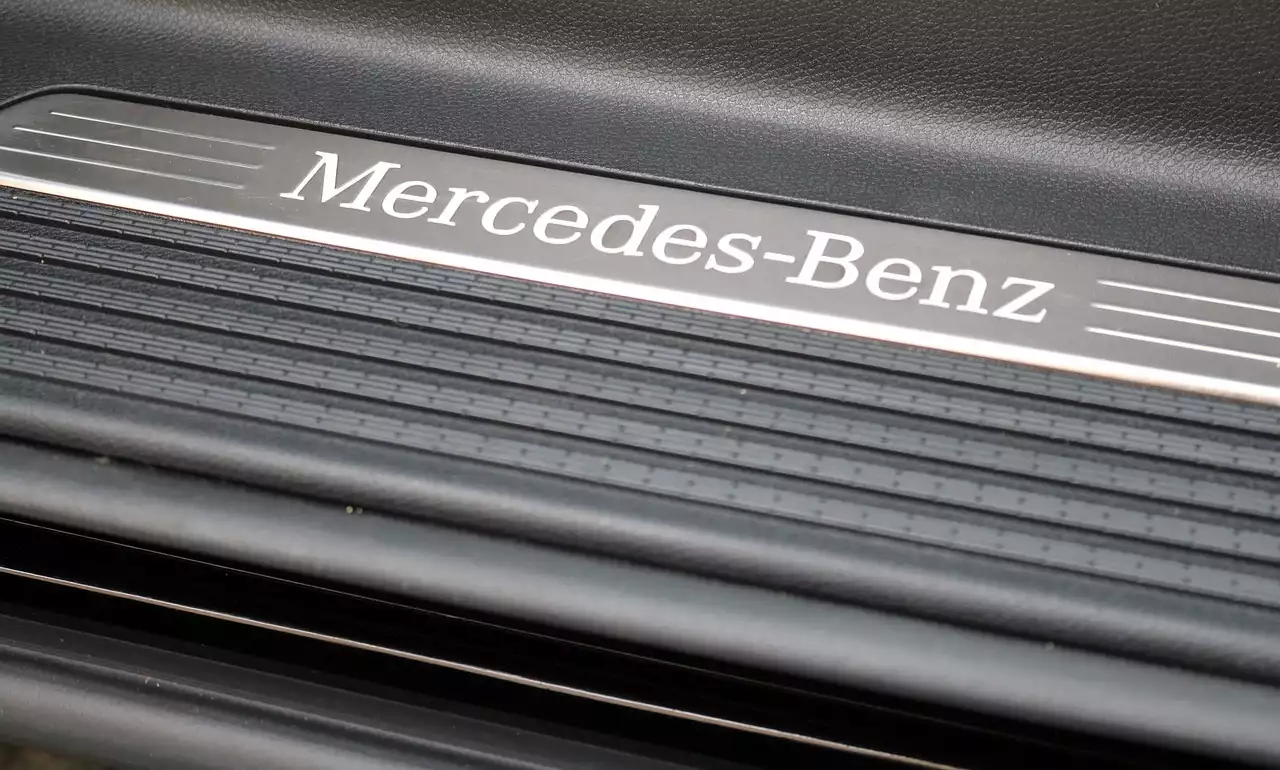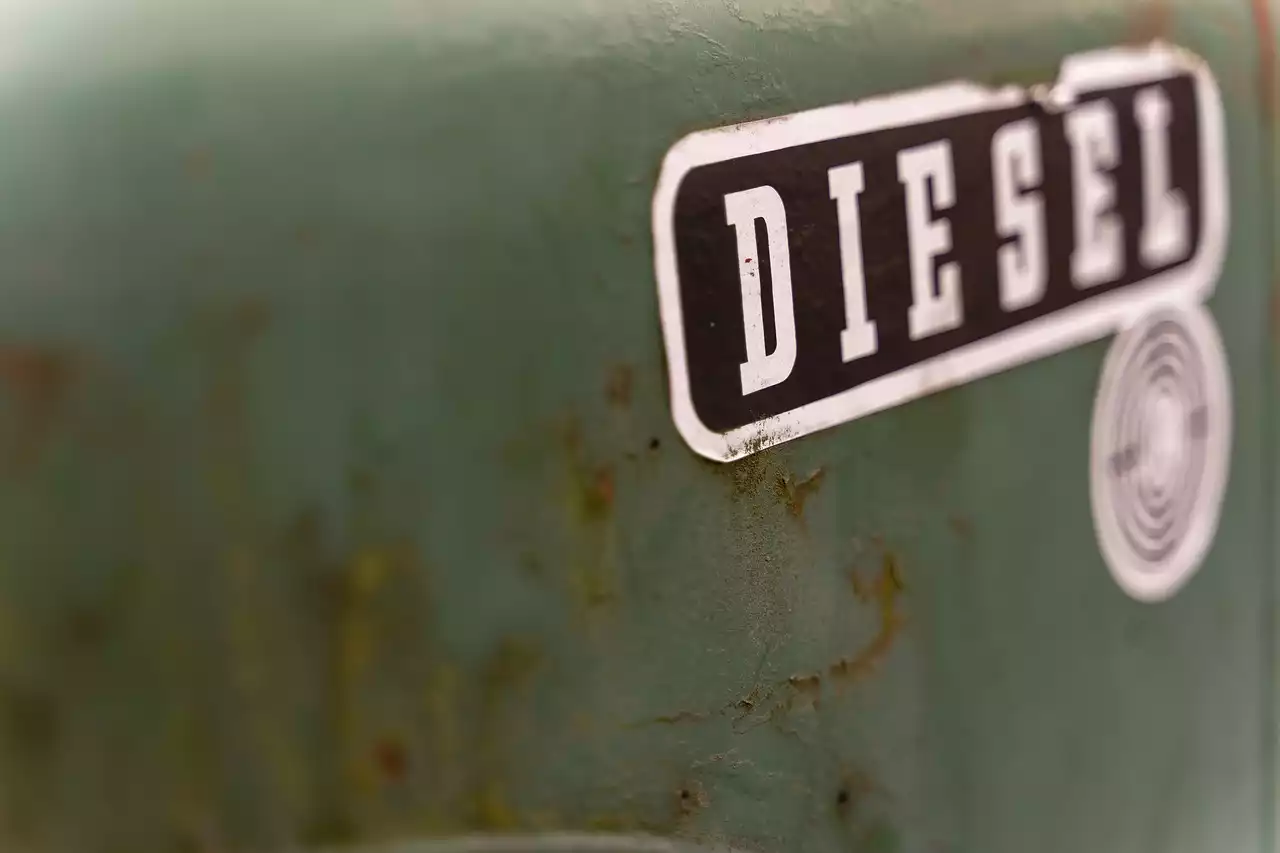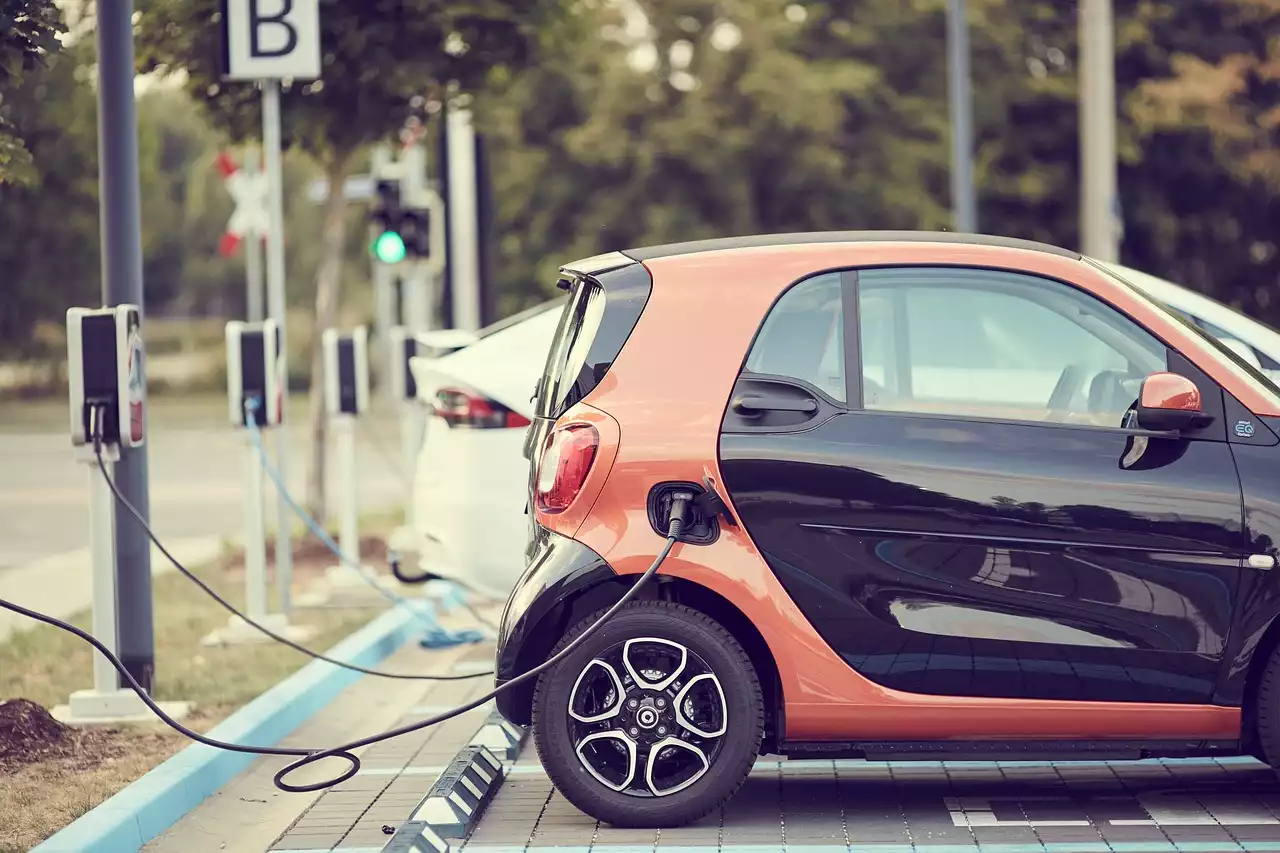What is a diesel car?
A diesel car is a vehicle powered by a diesel engine. It’s often confused with a diesel truck, which is a vehicle powered by a diesel engine used in commercial applications. The diesel engine was invented by German engineer Rudolf Diesel in the late 1890s. His original design was a two-stroke engine that used diesel fuel for combustion. Today, a diesel engine uses a heat process known as combustion, in which fuel is ignited by pressurized air that’s released when a fuel-air mixture is compressed in the combustion chamber. Diesel engines are often used in commercial vehicles, heavy machinery, and now, a variety of consumer vehicles. Diesel cars have become increasingly popular in the 21st century due to their low emissions, improved fuel economy, and high torque. They’re also quieter and less polluting than gasoline cars, which has made them increasingly attractive to eco-conscious drivers.
Advantages of diesel cars
There are many advantages to driving a diesel car. The most obvious advantage is better fuel economy. Compared to gasoline cars, diesel cars get better fuel economy, which saves you money on gas. Most diesel cars have a highway fuel economy rating of 30 mpg or more, while many gasoline cars only get 25 mpg or less. Diesel engines are also more efficient than gasoline engines, so you’ll spend less money on maintenance. Diesel cars also produce lower emissions than gasoline cars do, which is an important consideration for green commuters. Diesel cars are also more durable than gasoline cars, which means they last longer. They’re also more powerful than gasoline cars, so they’re better for people who drive long distances or tow heavy loads. Diesel cars also tend to be less expensive than gasoline cars, although some high-end diesel cars are comparable to gasoline cars. Finally, diesel cars require less frequent maintenance than gasoline cars, so they save you time and money.
Types of diesel cars
There are a few types of diesel cars. The most common is the standard diesel, which is the same type of diesel engine found in commercial vehicles. It’s often used in larger sedans, SUVs, and crossovers. There is also a mild-diesel engine, which produces less horsepower and torque than standard diesel engines. Mild-diesel engines are usually found in smaller, more fuel-efficient vehicles. Finally, there is also a hybrid diesel engine, which is a standard diesel engine combined with an electric battery. Hybrid diesel engines are often seen in larger SUVs and commercial vehicles. Diesel cars are also available in a variety of sizes. Smaller diesel cars include hatchbacks and sedans. Larger diesel cars include SUVs and crossovers. Diesel cars are also often available in both standard and long-wheelbase models. A long-wheelbase diesel car has an extended version of the car’s chassis, which creates more room in the backseat.
Fuel efficiency of diesel cars
The more efficient nature of diesel engines means that even though diesel cars may initially cost slightly more, in the long run, they can cost less than gasoline cars. And with the drop in the price of diesel in the last few years, there’s never been a better time to buy. But fuel efficiency is just half the story. Other considerations like maintenance and emissions make diesel cars even more attractive to people who do lots of driving. But first, let’s look at emissions. With diesel cars, there’s another factor to consider, and that’s black carbon. This is a fine by-product of diesel combustion, which can cause a lot of pollution if not properly filtered out. Luckily, modern diesel cars have special filters that collect and trap black carbon, keeping it from entering the atmosphere.
Maintenance of diesel cars
Diesel cars tend to require less frequent maintenance than gasoline cars. Diesel engines have a longer lifespan than gasoline engines, and they don’t require special oil changes as often. A diesel car may require oil changes every 15,000 miles or so, which is slightly less often than a gasoline car. Diesel cars also require fewer repairs than gasoline cars, although they may cost slightly more to fix if they need maintenance. Diesel cars are also easier to repair than gasoline cars, so you may save money by doing some maintenance yourself. Some diesel cars may also require special maintenance due to excessive emissions. For example, some diesel cars may need a special DPF filter to reduce excessive emissions.
Diesel car emissions
Diesel cars produce less carbon dioxide than gasoline cars do, but they may produce more black carbon, which is a carbon-based pollutant. Black carbon is a fine dust that can cause respiratory diseases when breathed in. Diesel cars emit less carbon dioxide than gasoline cars do because diesel fuel is more efficient than gasoline. But diesel engines also have special filters that trap black carbon, which helps reduce air pollution. However, diesel cars may need to be retrofitted with special filters to reduce black carbon emissions. Diesel cars emit more black carbon because diesel engines burn fuel at a higher temperature than gasoline engines do.
Diesel car cost
Diesel cars are often more expensive than gasoline cars. However, diesel cars may save you money in the long run due to their lower maintenance costs and better fuel economy. Diesel cars are often more expensive than gasoline cars because diesel engines are more expensive to produce. Moreover, diesel fuel costs more than gasoline does, so you may spend more money on fuel. However, diesel cars also offer better fuel economy, so your overall fuel costs are likely lower. Diesel cars may also require special engine oil that costs more than gasoline engine oil. Finally, diesel engines have a higher horsepower than gasoline engines, which means they produce more noise and vibration. This can reduce the life of the car’s other components, which may increase repair costs.
Diesel car performance
Diesel cars are often more powerful than gasoline cars. They usually produce more torque, which makes them better for towing and hauling loads. Diesel engines produce higher horsepower than gasoline engines, which means they’re faster. Some diesel cars can reach speeds of over 200 mph, which is significantly higher than the top speed of a gasoline car. Diesel engines also produce more power than gasoline engines at lower RPMs, which means they accelerate faster.
Diesel cars are an excellent choice for eco-conscious drivers who want to reduce their carbon footprint. They offer better fuel economy and lower emissions than gasoline cars, and they’re often more powerful and durable. Diesel cars are also less expensive to maintain than gasoline cars, and they require less frequent oil changes. However, diesel cars are more expensive than gasoline cars, and they produce more black carbon.







